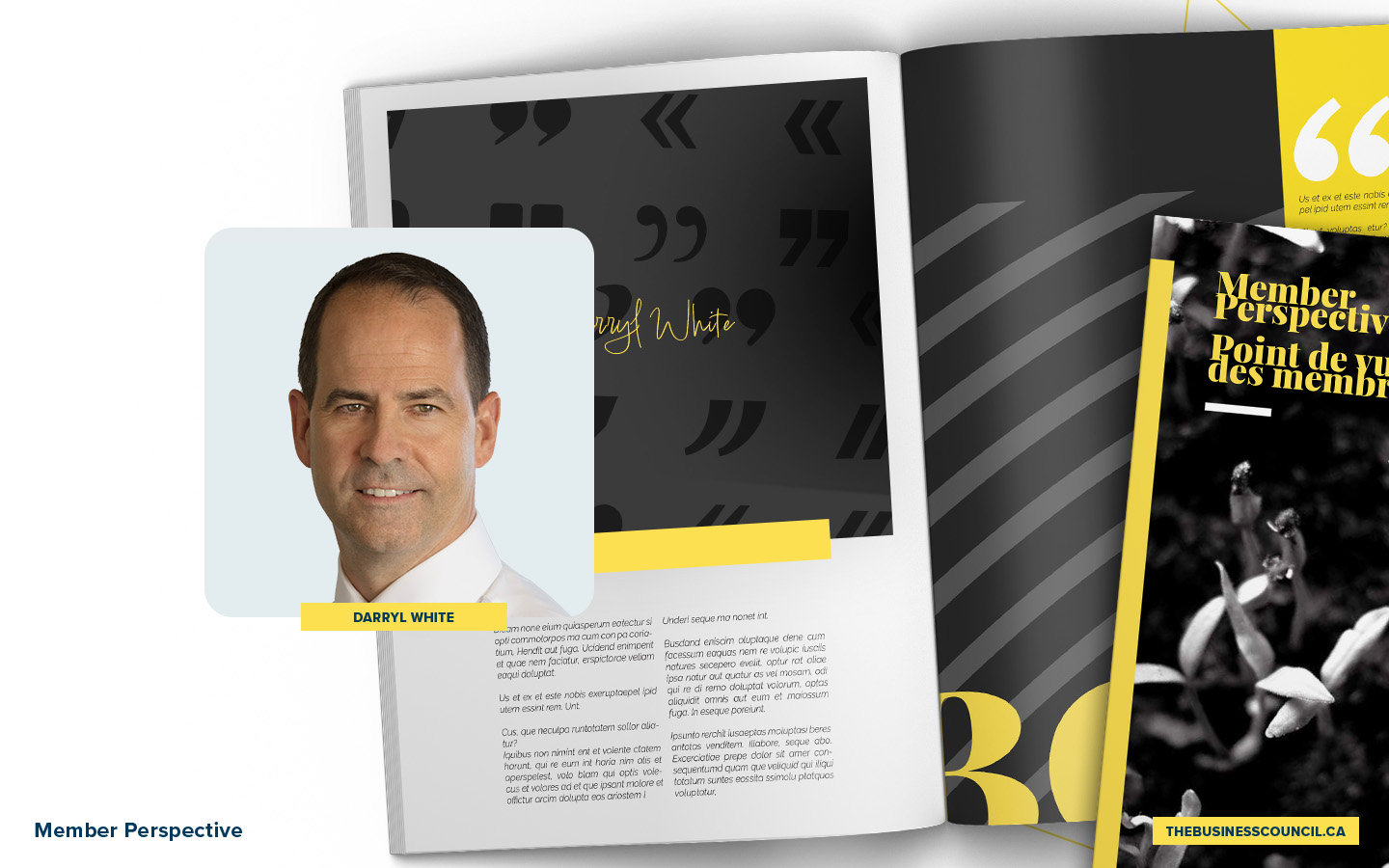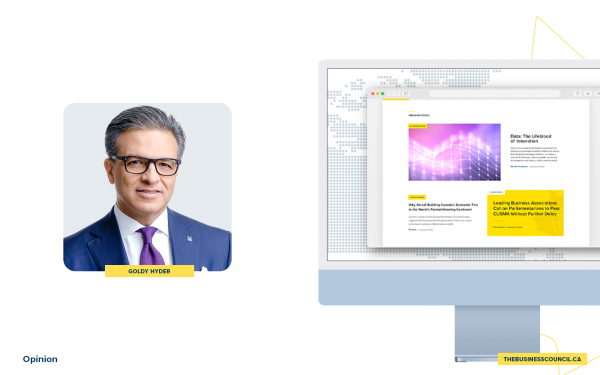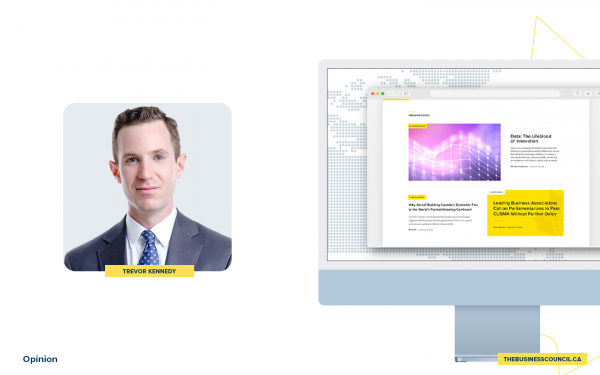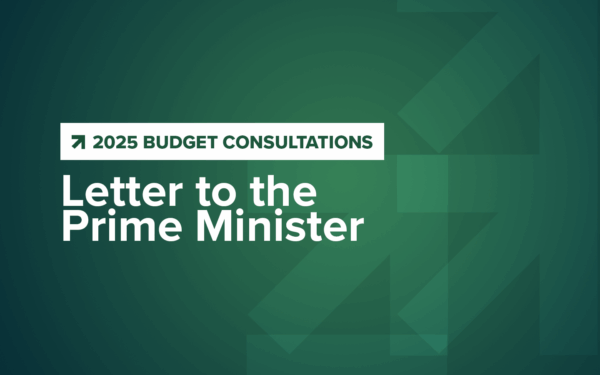In defence of Davos: The world works best when we work together
As published by the Globe and Mail.
The world is an uncertain place. Geopolitical instability, economic volatility, acceleration of new technology and a widely felt stagnation in the middle class leave a growing number of people distrustful of trade, immigration and global institutions in general.
What is too often ignored is that much of the growth of the world’s economy over the past 30 years is owed to the free movement of goods and services across borders. It has made the world a wealthier place, spurred a spectacular surge in innovation and technological advancement and, most importantly, lifted hundreds of millions of people out of poverty. We owe it to our customers, our employees and to future generations to protect and build on these advancements.
I’m proud to serve as chief executive officer of a company that has always believed that the world works best when we work together. As a founding member of the World Economic Forum (WEF), best known for its annual meeting – held in Davos this year from Jan. 21 to 24 – we’ve seen first-hand the benefits of having a global meeting place that challenges leaders to confront the world’s most serious issues and creates peer and public pressure for change. Indeed, some of the earliest and most disruptive exchanges on crucial topics such as sustainable finance – a key piece of contemporary financial-sector innovation and climate adaptation – first took place at events like WEF.
I disagree with those who argue for withdrawal from these global gatherings. The world needs more places where we can look past borders, historical enmities and cultural differences to co-operate on our biggest shared challenges – to pursue improvements in opportunity for all people, and to explore what brings us together instead of what divides us.
The forum itself is collaborative. It fosters discussion that can lead to change on a global scale. Often lost behind the public speeches is the meaningful engagement between the public and private sectors on crucial issues facing us as businesses, societies and as people.
An individual business on its own can make only a small difference, but businesses can amplify our efforts by pushing each other, and our governments, to meet a higher standard and co-operate to deliver results. Instead of waiting for governments to impose higher standards, it is long past time for business to show social leadership and set an even higher bar for themselves.
This year’s forum tackled an ambitious agenda that included challenges such as the forces weakening global productivity, the fragmentation of the global marketplace, rising income inequality, and emerging demographic and skills issues. But top-of-mind for many participants was climate change.
This discussion is particularly important for Canada, where too much of our recent public debate has been based on the false premise that one must choose between supporting the energy sector or supporting the fight against climate change. It is possible – and essential – that we do both. This is a message that more of the world needs to hear, and it is a message that Canadian leaders advanced clearly during WEF sessions this year.
Many of us defended Canada’s support of the oil and gas sector, the jobs it provides and the crucial role it plays in our economy. But we also talked about how businesses can, should and must do more in the fight against climate change. BMO has made sustainability part of our business strategy, which today includes $400-billion in financial initiatives for projects such as renewable energy, green buildings and infrastructure, pollution prevention and sustainable land use. Instead of demanding that others do less, Canadians should be challenging ourselves, and the entire world, to do more.
The problems that face our planet are real. But when we think globally and demand a higher standard of sustainability from ourselves and others, we can make a real difference. On this count, Canada has the potential to set a great example for the world. And Canadian businesses are prepared to do their part.
Latest Member Perspectives
Canada needs a defence industrial strategy to secure its future
September 11, 2025












